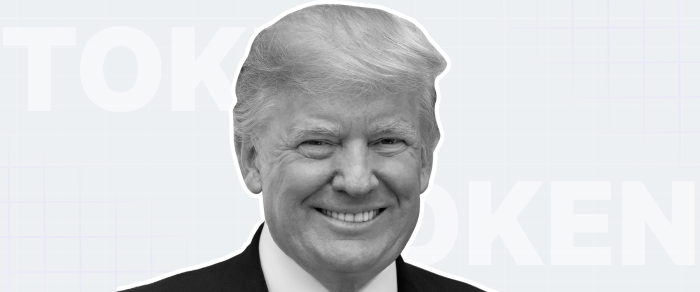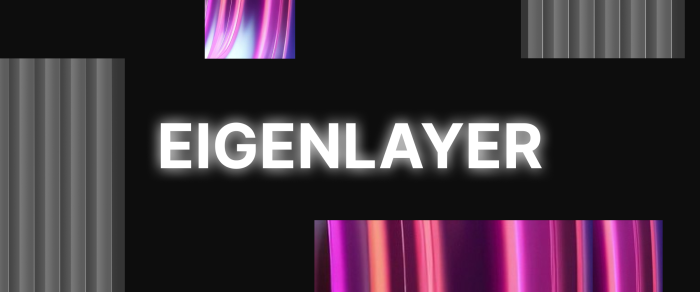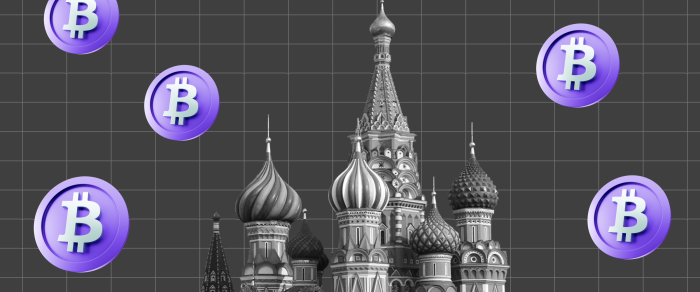Trump’s World Liberty $WLFI Tokens Become Tradable After Overwhelming Vote
A landmark vote this week saw holders of $WLFI tokens (World Liberty Financial’s governance tokens) overwhelmingly approve its tradability.
This move could transform the token from a closed governance asset into a publicly tradable instrument, potentially impacting its value, market appeal, and the fortunes of Donald Trump and his family.
Record-Breaking Vote
On Wednesday, around 20,900 World Liberty token holders participated in the vote, with an astonishing 99.94% backing the proposal to unlock $WLFI for trading on secondary markets. Previously issued as a non-tradable token, $WLFI gave investors governance rights—such as protocol votes—but no ability to transfer or sell tokens.
From Governance to Tradable Token
By enabling tradability, World Liberty Financial shifts its model from a gated governance system to an open market asset. Votes were largely driven by expectations of price gains and support for Trump, with participants citing motivations ranging from “We invested to get rich” to “To make America great again”.
Once tradable, $WLFI will enable peer-to-peer transfers and likely listings on exchanges, potentially generating trading fees and broader investor interest.
The proposal confirms that tokens held by founders, early team members, and advisors—likely including Trump’s family—will remain locked under a staggered unlock schedule. Specific timelines and eligibility criteria for trading will be announced at a later date.
Wealth and Conflict of Interest Concerns
Donald Trump’s crypto-linked company, DT Marks DEFI LLC, was granted 22.5 billion out of 100 billion $WLFI tokens, with the former president personally holding 15.75 billion as of December 2024.
Since its launch in autumn 2024, the Trump family has reportedly collected about $500 million from early token sales. Should trading propel token prices higher, the valuation of these holdings could balloon further.
This intertwining of political authority and crypto profit has drawn sharp criticism. Democratic lawmakers, including Senators Elizabeth Warren and Maxine Waters, warn that Trump’s financial stake constitutes an unprecedented ethical conflict, especially since his administration is actively shaping cryptocurrency regulation.
Ethics experts, such as former government attorney Chris Swartz, argue that the project could serve as a channel for foreign influence or illicit payments.
Regulatory and Market Implications
The Securities and Exchange Commission (SEC) has not classified $WLFI as a security, meaning it isn’t subject to securities regulations at this stage. However, allowing public trading places $WLFI in a more scrutinized spotlight. World Liberty Financial has pledged forthcoming details on trading mechanisms, eligibility, and compliance measures.
This transition aligns with broader moves: earlier this month, the company announced it would undergo a stablecoin audit for USD 1 and launch a new app to streamline crypto investments.
Broader Context
World Liberty Financial, launched in late 2024, has raised hundreds of millions of dollars from investors, including Justin Sun and the UAE-based Aqua 1 Foundation. Its stablecoin, USD1, even facilitated a $2 billion investment via Binance, extending its footprint beyond token governance.
The move to tradable governance tokens reflects a growing intersection between global finance, political influence, and decentralized systems. Yet, the blaze of controversy—ranging from ethical red flags to regulatory leniency under Trump—signals that both supporters and critics will continue scrutinizing this experiment.
Looking Ahead
Now tradable, $WLFI tokens could attract traders seeking speculation, exchanges aiming for new market share, and regulators monitoring presidential crypto entanglements. The rollout timeline remains unclear, but it could commence within weeks or months, pending the completion of compliance setup and platform integration.
If $WLFI does hit public markets, it will test the resilience of decentralized governance amid political entanglement. For Trump’s crypto empire, success could translate into deeper capital flows and reinforced legitimacy. For opponents, it could add fuel to demands for stricter rules and transparency in crypto-politics.



